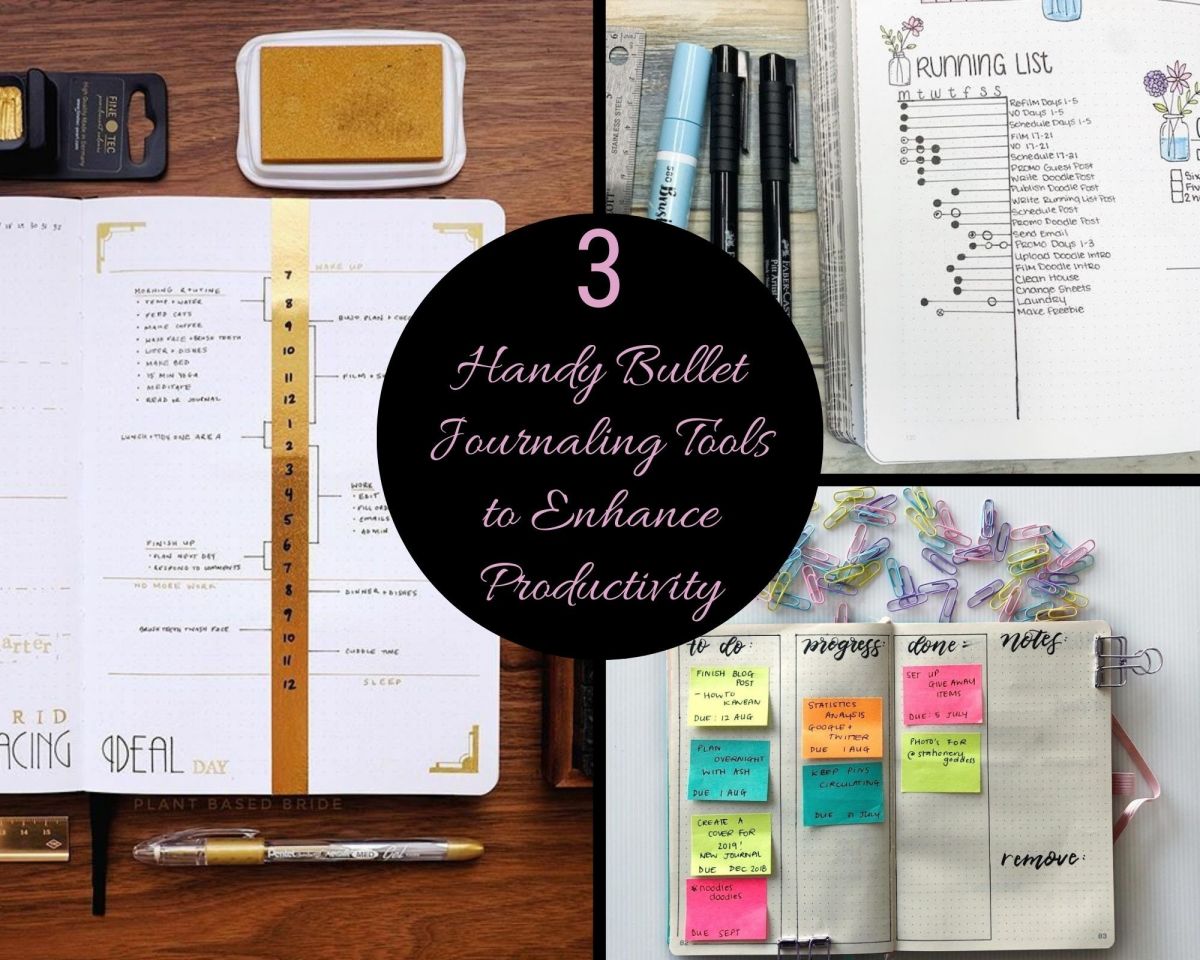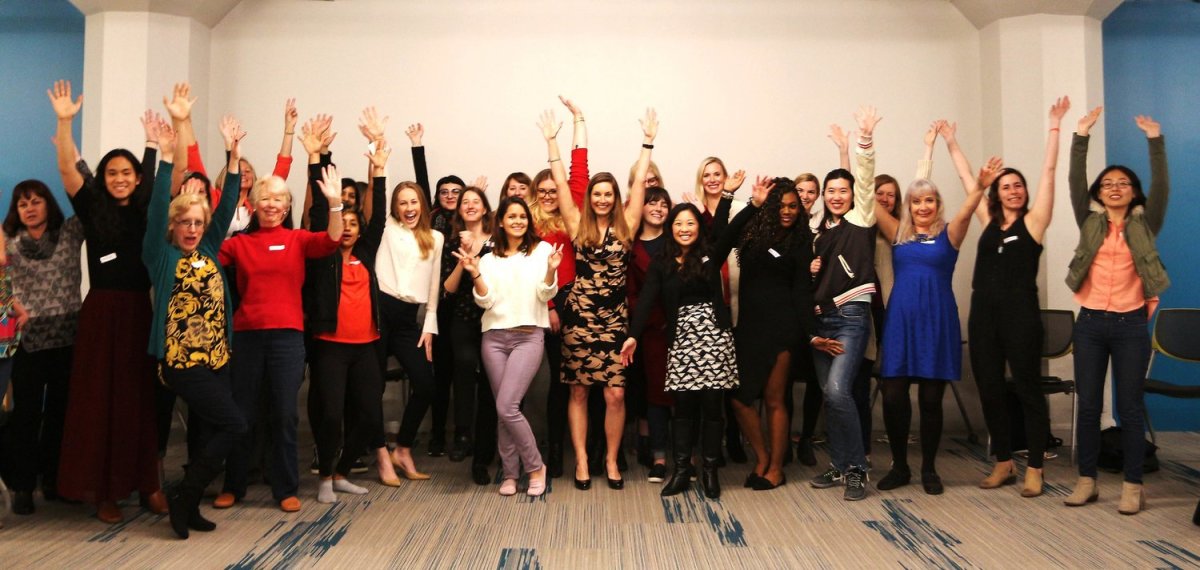Increasing Productivity by Effectively Managing Time.
Introduction
How do you feel at the end of each work day - exhausted, overloaded, satisfied or otherwise? Are you often working late to meet your deadlines? Are you constantly stressed out going from one crisis situation to another? Do you feel that you could have accomplished much more than what you actually did? Do you think that you managed your time well, or do you feel that you could have done things a little differently? If you're like most people, your answer to all these questions may not be completely positive.
Many of us are instinctively aware that we should be managing our time more effectively. However, although we know this fact, we find it difficult to identify the mistakes that we're making in doing the same. In addition, we find it difficult to figure out how we could improve this painful situation. The tragic part of this situation is that we are also aware that we could be way more productive at work, if we could only manage our time more effectively. Productivity is basically all about the efficiency of the person in terms of converting the inputs in terms of time and resources in to useful outputs that are desired from our work day.
Good time management would not only help us in higher productivity but would also help bring our stress levels down; and also help us to focus on projects that are not only urgent but also important from a personal as well as a professional point of view.
So what is this 'time management'? We are all aware that a day has 24 hours and each hour has 60 minutes and each minute has 60 seconds. This reality of time is never going to change. Time management is all about of utilising this limited resource of time more effectively to get things that are more important done on priority within the available time. All that we are trying to do is to accomplish more in the same time by proper planning.
Yourdictionary.com defines time management, "as effectively using the minutes, hours and days available to you in order to best accomplish your goals in the most effective way".
Before we can assess our productivity, we need to be sure on what is the output that is expected. This desired output has to be 'in-synch' with the vision/ goals of the company, and naturally with our personal and professional goals too.
Vision and Personal Goals
Every person has a vision of what he is expected to achieve in his job, and of how he can translate that vision into reality. This vision can be broken down into personal goals; goals that are sign posts of working towards the desired vision. Setting these personal goals is essential to not only traverse in the correct direction, but also to managing your time well, because goals give you a final destination and help you navigate towards where you want to go. Goals also help you in managing your priorities, time, and resources to get where you want to go.
Tasks that help you towards your goals are thus tasks that are important for you to undertake on priority. These tasks have to be listed in a 'to do' list on a routine, and preferably daily basis.
'To Do' Lists
A normal work day comprises of many tasks from the urgent to the routine; from the important to the unimportant, and many more in between. Most managers get bogged down in doing the seemingly urgent, like answering routine telephone calls or emails, although these may in no way contribute to the goals that have been worked out. In case one is working without these lists, it is normal to have a nagging feeling at the end of the work day that you've missed doing an important piece of work that could have significantly contributed to achieving some goals, and the vision.
It is important that the list comprises of entries that are clear, specific, and actionable. Vague or large task entries could lead to procrastination, or to overlooking some of the things that are important to the vision/ goals.
I personally used a table diary in which I would list out my daily 'to do' lists with the start date and time and the expected completion date and time. A lot of focused planning, not always in terms of time, had to go in to putting the entries in this list, as it served as a road map for accomplishing what I felt I needed to. In case a task had to be done over a number of days, this was split up into convenient parts and then listed date-wise on the diary. Every time a task, as listed, was accomplished it was ticked off in the diary. This had many uses - I had a written record of all that I had accomplished, date-wise. It also helped me keep track of my priorities; and helped me focus on things that I had planned, without the distractions overpowering my decisions that had been well thought out. Many people use e-resources these days to do the same job, but I personally still find it convenient to use the pen and paper model. To each his own, I guess.
Prioritizing the Tasks
Once the 'To Do' list is ready, it is best to prioritize the tasks in hand. There will always be tasks that need your special attention and skills - these should be labelled as 'Do' tasks. There will be tasks that can be gainfully done by your subordinates - these should be labelled as 'Delegate', and should be delegated and briefed to the most suitable employee. It should however be remembered that every delegated task still needs to be tracked and monitored to timely completion - the maturity of the employee, and his familiarity with the task, would decide the level of tracking/ monitoring required. There will be certain tasks that may not be important for the day - these should either be 'Dumped' or 'Deferred', depending on the importance of the task to the final goal.
The 'to do' diary lists served me well. When I had to do a task myself, I would plan the completion date and time and write it next to the entry. During the course of its execution, if I found that the task was taking longer than planned, I would re-prioritize and make amends to the completion date/ time. The diary was always kept open on to the relevant date page, and thus served as a constant reference to help me stay on track.
Any work that needed to be delegated was briefed to the most suitable employee, who was asked about what he thought would be the completion date/ time, and also what he thought would be the contours of an ideal product, on completion of the task. This was all to help the employee think, get involved, grow and learn to take on commitments. Once the employee had willingly committed to the task, I would put down the task, the employee's name and the completion details on a piece of 4" X 4" paper that I always kept in stock. This paper was then tagged to the bottom of the date page on which the task was due to be completed. I thereafter made it a point to not check on the task with the employee, until the completion date and time. I would brief that in case there were slippages, then the onus was on the employee to let me know, with reasons for the slippage. All this happened in the presence of the employee. The aim of all this was to help employees grow; help them live up to their commitments, and feel empowered in the process. Thinking and empowered employees are, I believe, an organisations biggest assets that walk in/ walk out of the work premises, along with their intellectual capital on a daily basis. Helping them grow always helps the organisation become more productive and grow.
Any task that could not be completed continued to be on the next day 'to do' list, until completed. This happened only in very exceptional circumstances, and not too many times during the year.
Managing Distractions is the Key
Distractions come in many forms - as an email; a text message; a phone call; or a plain 'do you have a minute?' or 'Need your help' query by a colleague who just sticks his head inside your cabin. Each one of them by itself may probably take a few seconds or at the most a minute to go through, and one may feel that these could be managed during the course of the day. However, a look at the macro picture would tell you otherwise. Every task requires the allocation of scarce information processing resources. It is also a fact that our brain has only a 'single channel processing' capability. This coupled with the fact that we receive a large number of distractions in a day, these could take a large chunk of your working day. It is not only the physical time that is spent on these seemingly innocuous distractions, but also the additional time for which your brain is distracted from the important task at hand. Managing these distractions is thus key to improving productivity.
A simple 'Do Not Disturb' sign on the door during high value and important tasks could be a great idea. Finishing high value work before glancing through email; voice-mails; text messages would be helpful too. Deferment of any of these distractions by an hour or so seldom hurts. Concentrating on the task at hand by managing distractions in this way will surely lead to improved productivity.
Avoid Procrastinating
Procrastinating is a deadly habit in which one puts off doing something important that one should be focusing on right now and instead doing something else that is more pleasurable or something that one is more at ease with, but something that is not important at the moment. A person is always aware when he is procrastinating; there is always a significant time gap between the intent to do the job and when the person actually starts to do it. There are many indicators that tell us when we are procrastinating; some of the more common ones are as follows: -
- Waiting endlessly for 'inspiration' or 'mood' to do the important tasks. The only way to get through this is through proper planning. Tasks that need inspiration should be planned to be done when you are bright and relatively cheerful. Every person has to find this time as per his constitution.
- Filling your To Do List with several tasks that keep one busy, even though one is aware that some of them are not important.
- Checking e-mails/ voice mails several times without taking any action on the important messages.
- Taking too many tea/ coffee/ discussion breaks while undertaking high priority and important tasks.
- Transferring an item on your Daily To Do list to the next business day, for an extended period of time, even though you know it is high priority and important.
- Not delegating enough and taking on tasks that are relatively unimportant so as to fill in your work day and giving an excuse of 'no time' for the important task on your to do list.
- Going down the To Do priority list without taking any action or decision on the important tasks - putting them off for the time being.
The only way to get over this problem is to first recognise the problem; then go onto finding the reasons for the same and then go onto taking appropriate steps to overcome the reasons for the procrastination.
Avoid Taking on Too Much Work
You can take on too much work on to yourself if you are a perfectionist and like to do everything your self because no one else ever reaches up to your standard or no one else does things correctly. In case your are a perfectionist then you will be well advised to learn the art of successful delegation to employees who are trained and are also made aware of the final product standards and quality expected.
You can also take on too much on yourself if you have the image of a so called 'nice' person, who does not have the heart to say 'No' to others around for fear of offending them. In case you fall in the category of the 'nice' person then you should learn to be assertive in your dealings with fellow employees. This skill will help you say 'no' to the task while still maintaining good relations with the person trying to palm off the task to you.
Both these conditions can lead to an overload and result subsequently into stress and low productivity, besides bringing down your own morale. Taking on too much work is going to eat in to your time and will finally adversely affect the quality of your work.
Take a Break Frequently
When hard pressed with work deadlines, it is normal for people to think that they can work efficiently for extended periods of time. This is not so, as the brain, like the body, gets fatigued after it has been exercised for some duration of time. Once fatigued the efficiency of the brain drops and the productivity suffers. It is thus better to take short breaks at frequent intervals and still maintain the brain at high efficiency and thus improve productivity and go on producing high quality work. Brain too needs rest and time to recuperate.
As an aside, it would be instructive and very pertinent if one can think back to one's school and college days when it was nearly impossible to keep oneself engaged with the teacher after about 45 minutes through the class - how we desperately wanted a short break, even in the most interesting classes. I remember 'looking' at the black board, and the white streaks of chalk across it, and wondering what was that funny pattern on the board without 'seeing' or 'registering' anything. The wondrous bell announcing the break would be a God sent savior every time, and its sound was always eagerly awaited by all of us.
Moral of the story - a short break after about 45 minutes helps and it is always wise to live up to the philosophy that short breaks help the brain to work more efficiently and creatively. However, long breaks can disrupt the flow of ideas.
Summary of Effective Time Management
Time available in a work day does not change, but what one can do in the available time can vary greatly if one learns effective time management skills. Effective time management is nothing beyond doing what one needs to do, when it needs to be done, either by oneself or through delegation. Procrastination is the greatest hindrance to action, and should thus be avoided. To do this, it is always helpful to plan on goals and prepare 'to do' lists, preferably on a daily basis, that are commensurate with those goals. Once the list is ready, it should be prioritized and acted upon in a timely manner. Distractions to the planned work should be discouraged. Being 'busy' is not the same as being productive. Short breaks help the brain to rest and refresh and should be taken at regular intervals to improve efficiency and thus productivity. Lastly remember that you can not do every thing yourself, and that all human beings love to do their job well, if they are properly motivated (why?) and trained (how?) to do it - it is the leader's job to create these conditions in the work place.
I always had a chat with my employees about the 'why' and 'what' needed to be done, and thereafter always wanted them to figure out the 'how' part, as I believe this is most satisfying to a motivated employee and also helps bring out creativity and new ideas to the work place.








